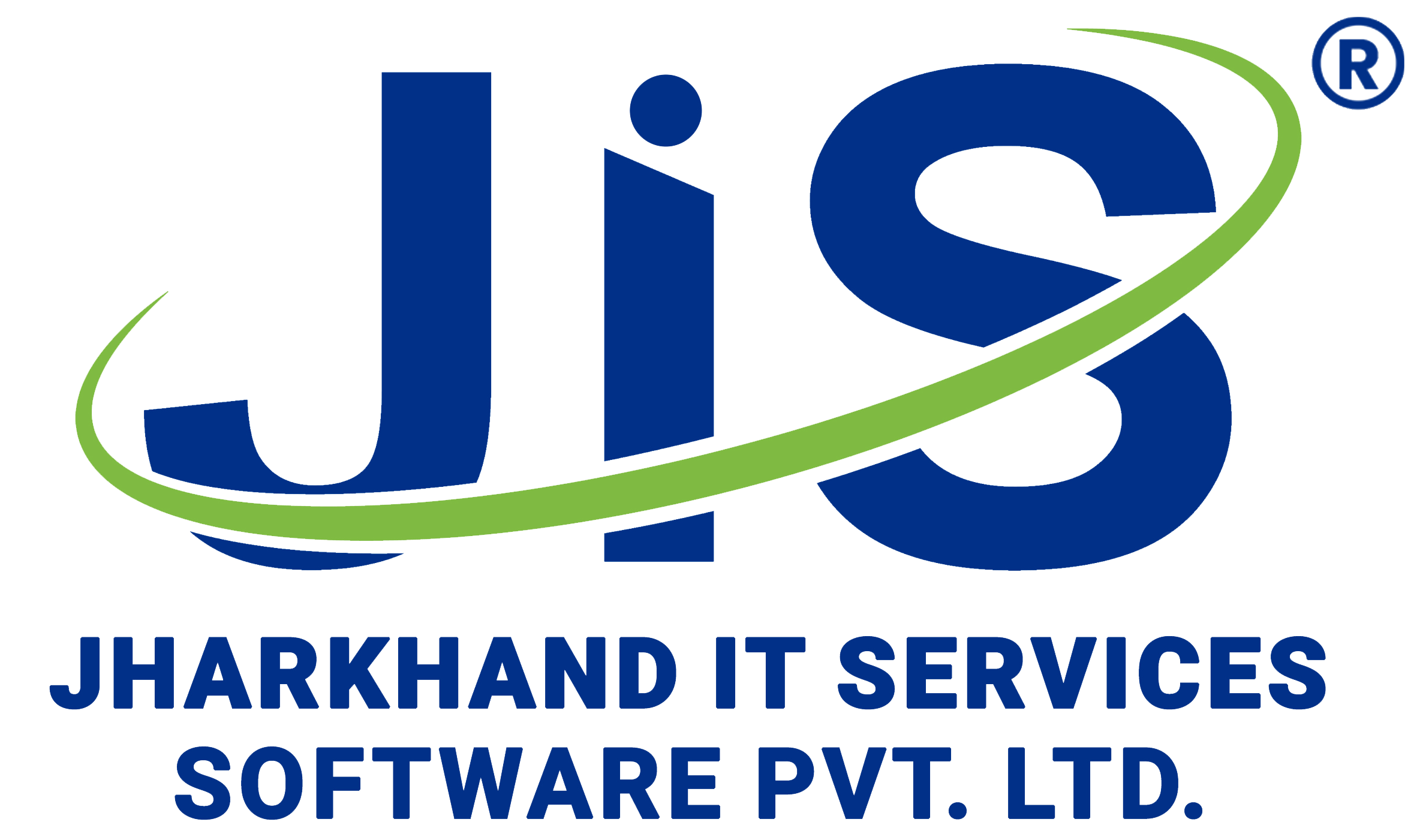Pharmacy inventory management
Managing inventory well is essential to the operation of a profitable pharmacy. In addition to reducing waste and increasing profitability, effective pharmaceutical inventory management guarantees that patients receive the prescription drugs they require when they need them. Let us see the essential ideas and tactics for managing pharmacy inventories that might support the success of your establishment.
1. Regular Inventory Audits: The foundation of sound inventory management is conducting regular audits. Audit your inventory to verify quantities and expiration dates, and identify slow-moving or obsolete items. This practice ensures that you have an accurate picture of your inventory and can make informed decisions regarding reordering and restocking.
2. Categorize and prioritize medication: In terms of demand and criticality, not all drugs are created equal. Sort your drugs into three groups: low-demand, moderate-demand, and high-demand. To make sure you can quickly satisfy client demands, provide high-demand items with greater storage space and prioritize your restocking efforts.
3. Implement an Efficient Ordering System: Having an efficient ordering system in place is essential to maintain the right level of inventory. You can use automated ordering systems that track sales data and trigger reorder points when inventory levels fall below a certain threshold. This prevents stockouts and overstocking.

4. Set Par Levels: Establish par levels for each medication, which represent the minimum quantity you should always have in stock. This helps prevent shortages and ensures you have adequate buffer stock in case of unexpected increases in demand.
5. Monitor Expiry Dates: Pharmaceuticals have a limited shelf life, and expired medications must be disposed of properly. Regularly check expiration dates and use a first-in, first-out (FIFO) approach to dispense medications to minimize waste.
6. Vendor Relationships: Build strong relationships with your suppliers and pharmaceutical wholesalers. Good relationships can lead to favorable terms, discounts, and faster order processing. This can also help in negotiating return policies for slow-moving or expired stock.
7. Technology Solutions: Leverage pharmacy management software that includes inventory management features. These systems can help automate many inventory-related tasks, making the process more efficient and reducing the likelihood of human error.
8. Staff Training and Accountability: Train your pharmacy staff on inventory management best practices and hold them accountable for the accuracy of the inventory records. Ensuring that everyone is on the same page when it comes to managing inventory is crucial.
9. Sales and Usage Data Analysis: Analyze sales data to identify trends in medication usage. This information can help you anticipate demand for specific medications and adjust your orders accordingly.
10. Emergency Preparedness: Pharmacies must be prepared for unexpected events, such as natural disasters or health crises. Maintain an emergency stock of critical medications to ensure patient care can continue during challenging times.
In conclusion, effective pharmacy inventory management is a prescription for success. By implementing these strategies and best practices, you can minimize waste, reduce costs, ensure the availability of essential medications, and enhance the overall efficiency and profitability of your pharmacy. A well-organized pharmacy inventory benefits both your business and the patients you serve, making it a vital aspect of pharmacy operations.



